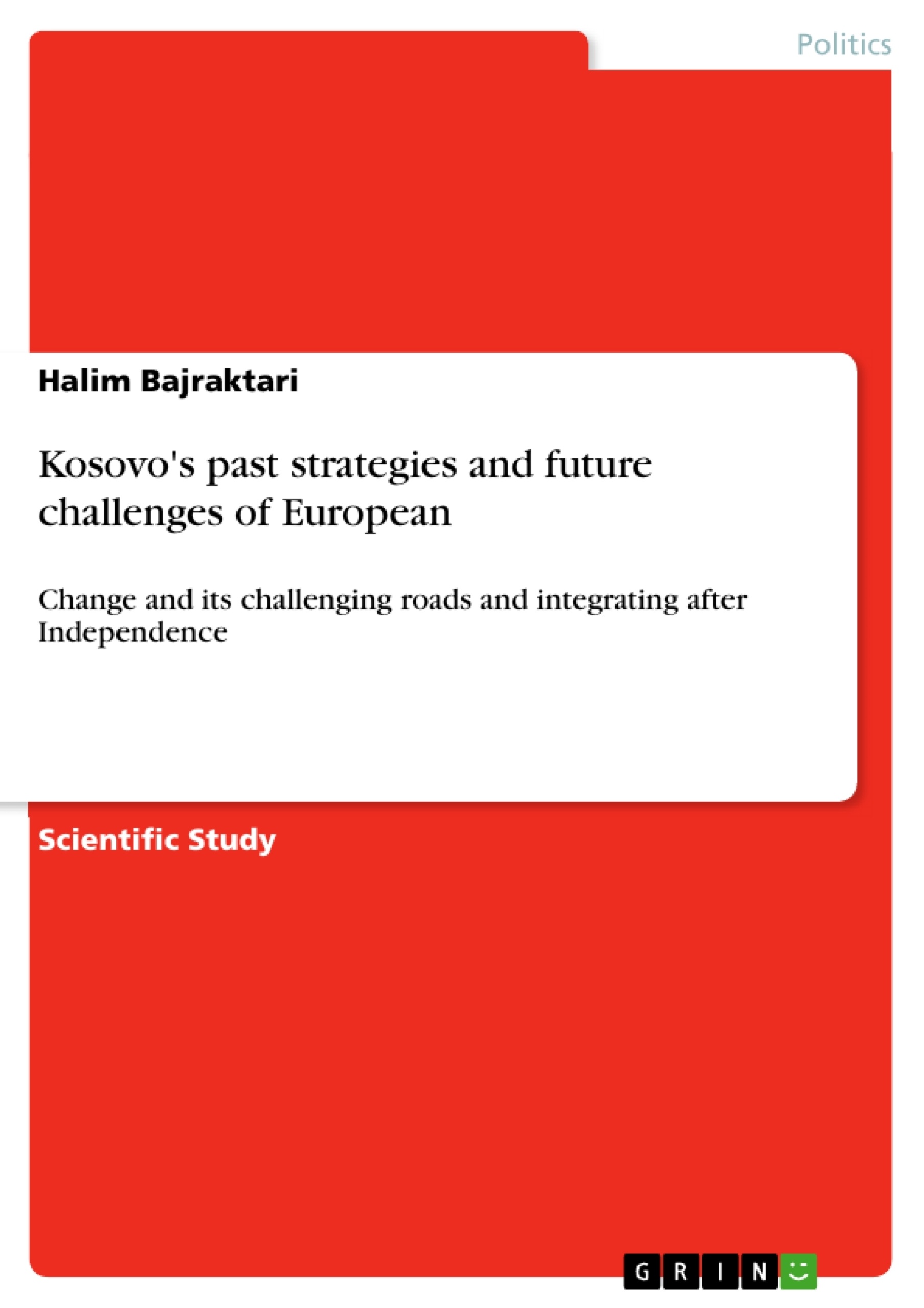Which was the last of Kosovo who were her friends what are the challenges of the future. How many strategies Kosovo needs in order to be close to UE accession? Which are the ways that Kosovo should follow firstly in order to be at the right address, which are the referring points for us towards European path? How should we work for these strategies and how conscious are we for the fulfillment of these strategies? How difficult are these challenges and how should we approach the implementation of these strategies etc.?
We have to do a description the processes by knowing what to correct in order to have a clear address on the UE door. It remains a number of referring points for Kosovo which EU has addressed and it is addressing continually, therefore it is needed to create long-term staff to plan and analyze political and economic path to that address. We need to accelerate the progress of Kosovo towards EU. Kosovo has never needed for political and economic unity in order to get these strategies; we could benefit from the EU projects. However, without a clear prognosis from the domestic sectors of Kosovo institutions cannot be achieved until EU, if we do not have commitment to the EU path our address would be worthless.
Table of Contents
Introduction
1. Kosovo's past strategies and future challenges of European
2. Challenges after the war in Kosovo and European approaches to their solution
3. European Community efforts in building the Provisional Institutions of Self Government in Kosovo
4. Access to the OSCE and its mission in Kosovo since the war until 1999
5. The war on June 1999 and the establishment of NATO troops in Kosovo
6. Political processes to the political status of Kosovo (Rambouillet conference and it's Paris)
7. The prospect of Kosovo after war
8. Final remarks



